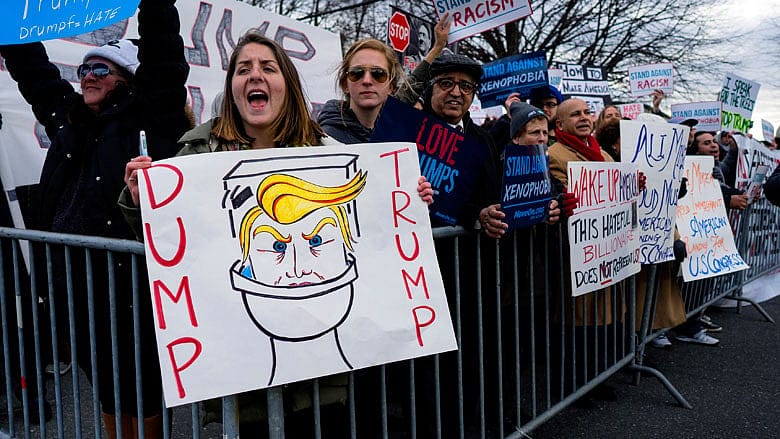Why some believe Trump misses the mark on America’s economic ills

BOSTON – This year's presidential campaign could be called the race that launched a thousand opinions, most of them about the meteoric and perplexing rise of Donald Trump.
Writing in the American Spectator, the Cato Institute's Doug Bandow throws in his 2 cents worth, arguing that excessive regulation has hurt the American economy and angered blue-collar workers, prompting their support of The Donald and his inveighing against foreign trade and immigrant workers.

